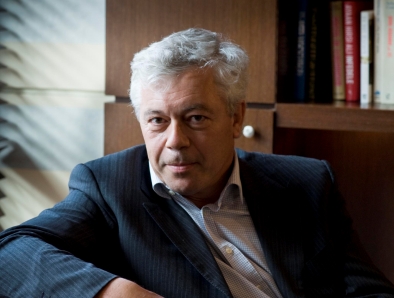MSLGROUP: Davos 2011 - Olivier Fleurot

It is always a bit frustrating and extremely exciting to spend three days at the World Economic Forum with 2,000 of the brightest brains in the world—academics, journalists, various experts, representatives of NGOs, politicians and, yes, business people.
Frustrating because you would like to interact at least a few minutes with each attendee and you can’t (spending five minutes with each of them would amount to 166 hours or seven full days). Frustrating because there are always five or six sessions in parallel.
A melting pot, the forum is exciting because it gives you a unique opportunity to mingle with a diverse crowd; generates fascinating confrontations between poor and rich nations, and sizes up old Europe against the “new” fast-growing countries. Please, let’s stop referring to India and China as emerging markets.
Three days in Davos are a condensed version of a six-month-long World Expo: Instead of competing via their pavilions, countries compete for a share of voice with their delegations, the number of speakers they have on stage, their parties, and their slogans, such as Remarkable Indonesia and India Inclusive.
State of the World
Last year, in January 2010, there were very few bankers in Davos. At least very few visible bankers. One exception was Joseph Ackermann, president of Deutsche Bank, who was brave enough to mingle with the crowd and take questions after a terrible 2009 that saw governments pour trillions of new liquidity into their economies.
This year, JP Morgan Chairman and Chief Executive James Dimon, Barclays President Robert Diamond, and a few others were in Davos to pledge for less regulation than is being planned. They were also complaining about public banker-bashing and wanted everything to go back to normal. French President Nicolas Sarkozy had to ask them whether they remembered who had generated the current crisis, the high level of unemployment, and the massive sovereign debt in Western Europe and the USA.
A keen observer, Bruce Nussbaum wrote “Unseemly, at the very least, from CEOs who managed to deflect any punishment for privatizing enormous profits and socializing enormous losses”.
In my next post on Davos, I’ll describe what might become thepost-crisis world order.
PublicisLive, part of MSLGROUP, is responsible for all the production and logistical aspects of the Davos meeting and also the World Economic Forum’s regional meetings around the world.


